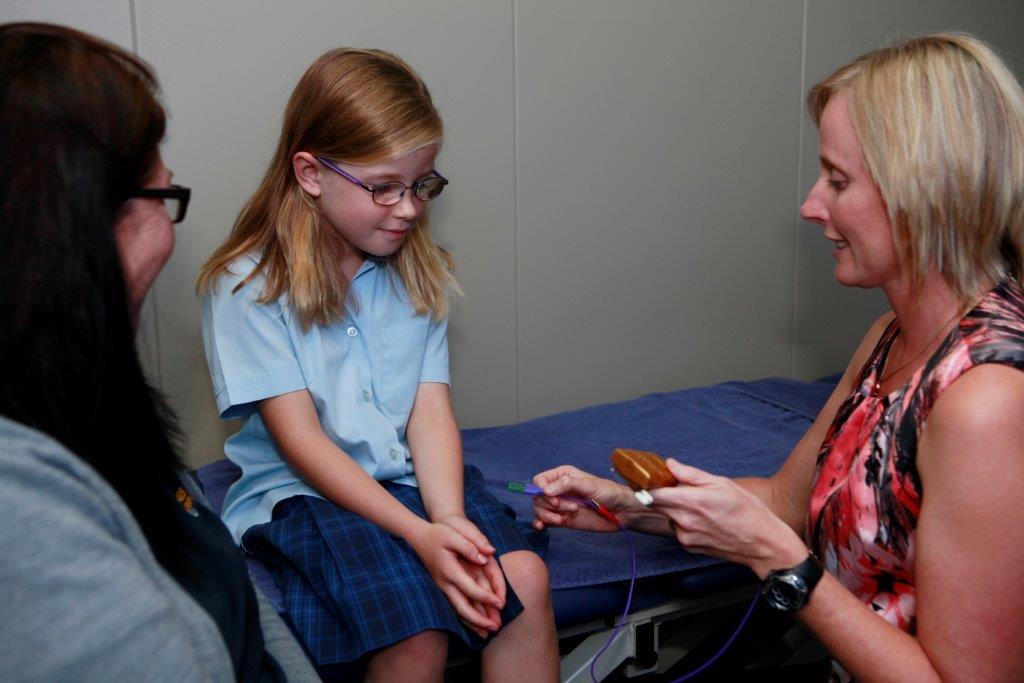Bedwetting Physiotherapy for Children
Support your child to achieve dry nights with gentle pelvic floor therapy and personalised bladder training.
Most children are dry at night by school age. Approximately, 30% of children wet the bed at 54 months (4 ½ year old).
Other statistics are:
- 5% of 7 ½ year old children wet the bed.
- 2% of 12 year olds and 2.2% of 19 year olds wet the bed.
- ¼ of school aged children with bedwetting have associated day-time symptoms.
****NOT ALL CHILDREN GROW OUT OF BEDWETTING****
Causes of bedwetting can include:
- An inability to wake to the sense of a full bladder
- Overactive bladder at night
- Kidneys make a large amount of urine at night and the bladder does not have the capacity to hold this amount.
Bedwetting is NOT caused by:
- Being young for your age
- Laziness
- Bad behaviour
- Attention seeking
- Rebelliousness, or
- Drinking after dinner.
Some children will self-restrict their activities due to their bedwetting for instance nonattendance at school or sporting camps.
The International Children’s Continence Society recommend treating children from age 6. Studies have shown this improves self-esteem, academic performance and social skills.
Management of bedwetting may include:
- A thorough assessment of the condition, medical history and current health, including diet and fluid intake, exercise levels and mobility, current medication use, and any other factors that could affect the child’s bladder and bowel function
- Assessment of bladder function. Please note: internal assessments are not conducted on children. Real time ultrasound is often used instead.
- Treatment may include changes to lifestyle, bladder and bowel habits, avoidance of straining, sensory training, alterations to bed routines, education on toileting and dietary changes.
Outcomes from treatment may include:
- No further bedwetting
- Correct toileting habits.
- A full nights sleep
- Improved management of the symptoms
- Improved emptying
- Improved self confidence and self-esteem




